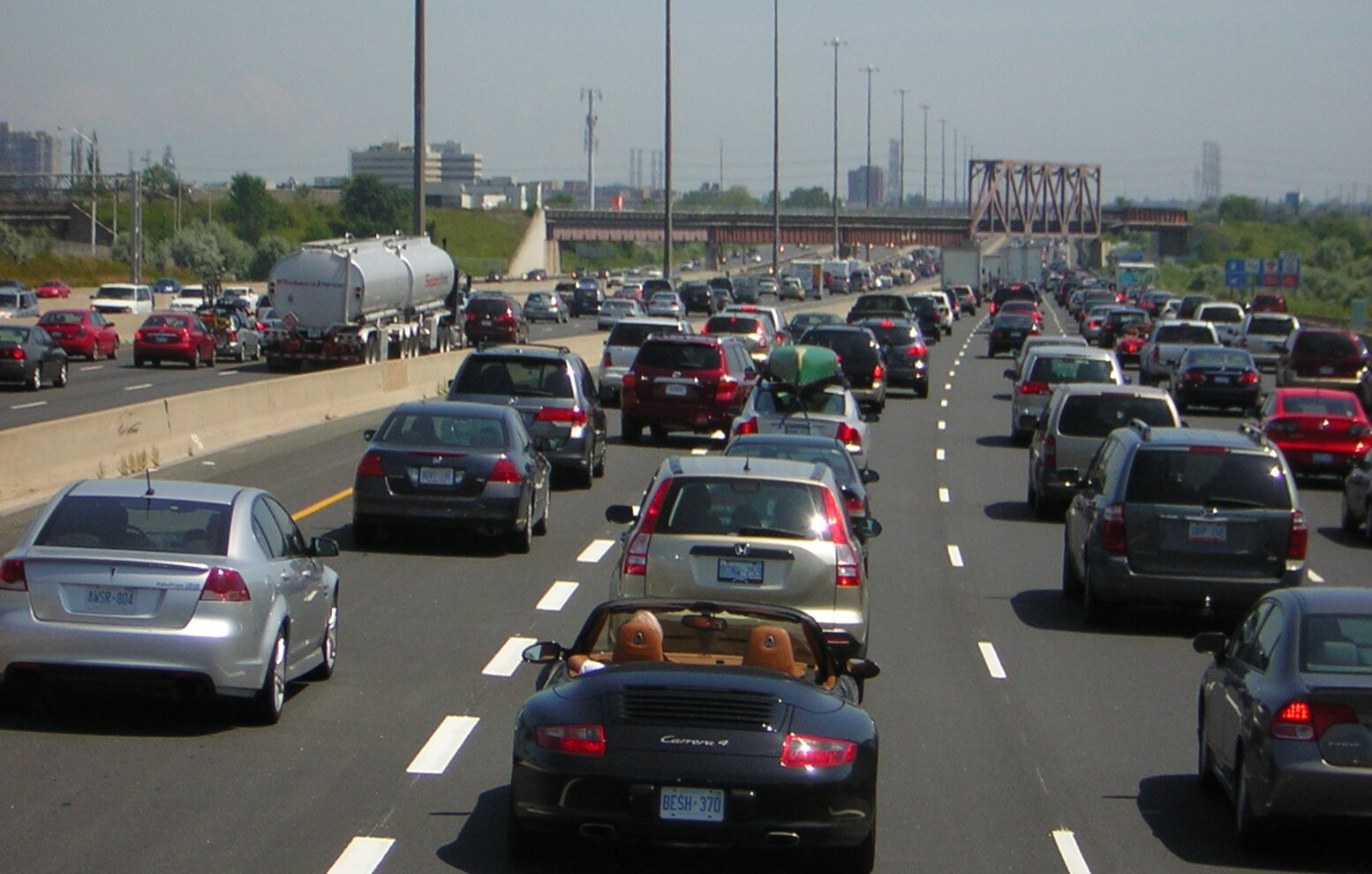What does a world with driverless, automated cars look like?
How could it potentially change our cultural values and our economy?
Does it make sense that most cars spend 90% of their time in parking lots? Cars aren’t cheap and it’s kind of a shame they’re not being utilized more. What if cars didn’t spend 90% of their time in parking lots? What if they spent 90% of their time driving around, picking up and dropping off people continuously? With automated, driverless cars this makes lots of sense. However, what does this mean for car sales and ownership? If you can basically get access to a car whenever you need it, would you still want to own your own car? Would these fleets of automated cars be like a publicly owned transport system? Would you miss paying insurance, gas, oil changes, and other forms of continuous maintenance, and waste time looking for parking spots for a car that you use only 10% of the time? Most importantly, what does not owning a really expensive car and sharing automated vehicles instead say about your penis size?
“You’ll never own a car again. I have two two and a half year old boys. They’re not going to drive when they turn 18. They’re going to have an autonomous car driving them around. Every single car company has announced autonomous cars in their future.” ~Peter Diamandis, founder and chairman of the X Prize Foundation, Singularity University and the co-author of the New York Times bestseller "Abundance: The Future Is Better Than You Think".
So I guess us guys will have to find another way to overcompensate for our penises. Just for the record I think minivans are pretty amazing.
But would a fleet of autonomous cars really be as efficient or convenient as owning your own personal car?
“You may remember Larry Burns the number two at General Motors, for many years the Vice President of New Car Development. He’s now at the University of Michigan. He did an amazing study. Ann Arbor is a pretty big sized city and he found that even today with the rudimentary Internet of Things platform: communication, energy, logistics internet, in Ann Arbor you could get the same convenience and mobility moving from ownership to access using 80% fewer vehicles right now.”
~Jeremy Rifkin, president of the Foundation on Economic Trends and author of the recent book “Zero Marginal Cost Society” (fascinating book, highly recommend)
Everyone take a second to imagine what your city might be like with 80% fewer cars. What are some of the implications here?
Less traffic, less pollution, less car related incidents and injuries, and less transport jobs etc. Excellent, so when is this all happening? Fifteen, maybe twenty years? In October of 2014 Elon Musk, the CEO and chief product architect of Tesla Motors stated that “self-driving technology will outpace the skill of human drivers in five to six years”. However, he warned that it would take regulators another two to three years to approve the autonomous cars for use in public. This is a glimpse at how driverless, automated cars specifically might affect society in the near term. Let’s expand our scope to include other forms of automated technologies.
Source
Wednesday, 7 January 2015
Muddy Colors and basic income
Subscribe to:
Post Comments
(
Atom
)

No comments :
Post a Comment